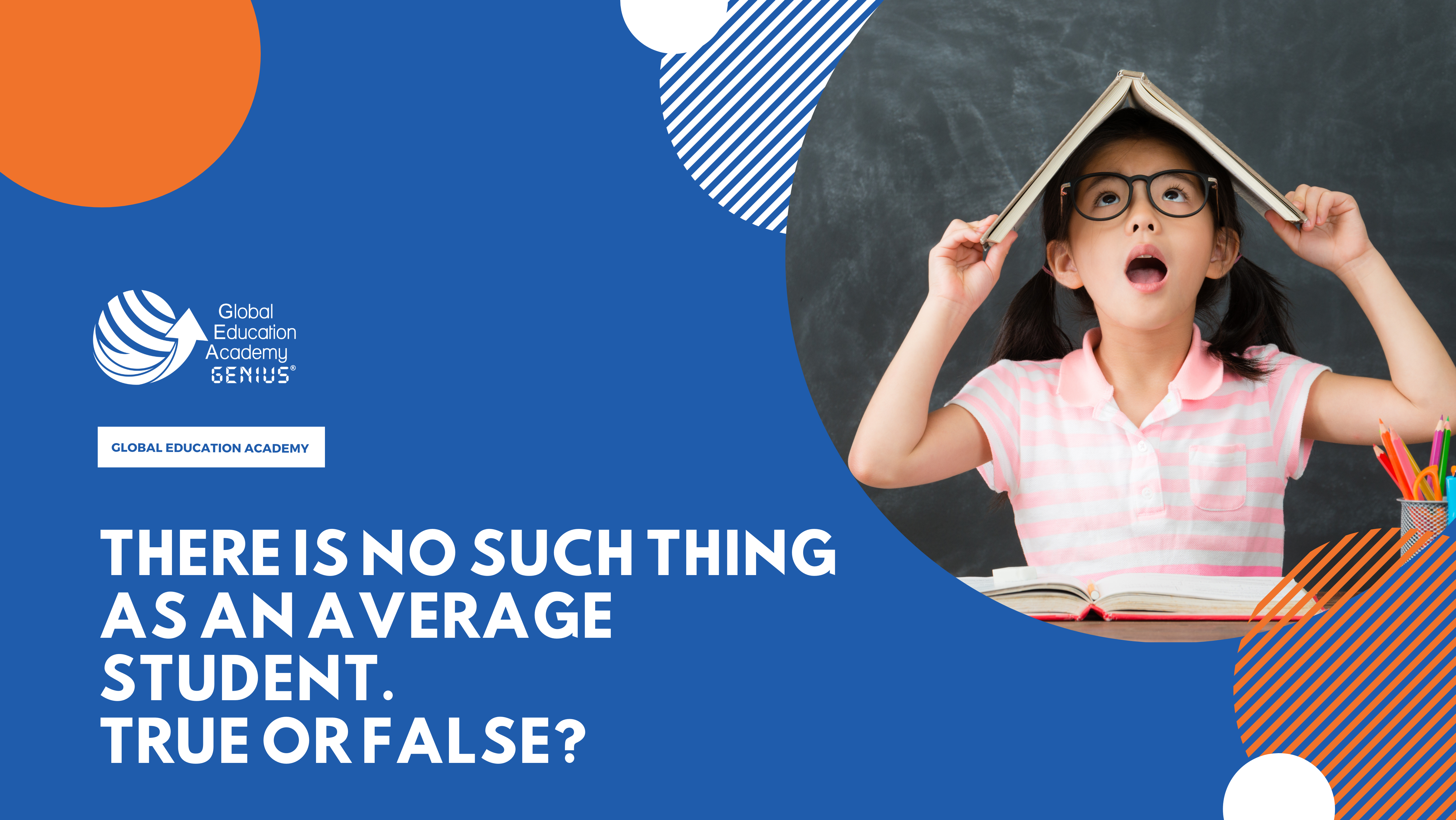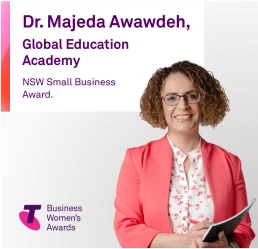
True.
There is no such thing as an average student. The term “average student” is thrown around the education system to refer to students who achieve average results in school assessments. These students are defined by the system first and foremost by their average performance.
What is average performance?
In Australia, assessment marks are standardised or scaled when comparing students across each state. Scaling is when test scores are treated with some statistical mathematics that allows all student results to be plotted to what’s known as a “bell curve”. The bell curve is a common form of graphically representing results (read more here). It recognises that most students will score within the same range, which is reflected in the centre of the graph, and fewer students will score very high or very low scores. Scaling allows those analysing the results to better understand how a student performs in comparison to the group. It helps to determine whether a student is average, low performing or high performing.
It’s important to remember that “average performance” is measured at a given point in time and does not reflect ongoing performance. Therefore, average performance should not determine the expectations of a student’s academic success.
Unfortunately, in the world we live in, we tend to see people based on their labels – teachers are no exception. Once a student is labelled as “average”, many teachers continue to see them as such. However, this can have the negative effect of limiting student performance rather than encouraging them to improve.
“Teachers’ beliefs about their students can influence the way they teach and interact with them. Teacher expectations can influence students’ sense of academic self-efficacy and their intellectual engagement. This may have an impact on students’ confidence and motivation, which in turn impacts learning and achievement.”
According to research by the Centre for Education Statistics and Evaluation, where two students have identical socioeconomic status and prior academic performance, a student in Year 5 who believes their teachers have high academic expectations of them and their peers is over 6 months ahead in their learning by the time they reach Year 7 (in terms of NAPLAN scores), compared with a student who does not hold the same view.
No student is “average”. Average marks at school are only a reflection of their current performance. This does not mean they don’t have the potential to improve their performance in the future. Creating high expectations for students is essential to improving student performance and helping them achieve their academic potential.

Though the words performance and potential are often used together, and sometimes interchangeably, the two words have distinctly different meanings. Performance refers to what has already been achieved. Potential is the capability and capacity of a student to develop and improve. One captures the past, the other speaks of the future.
A student is not defined or limited by their performance. Each student is more than the label given to them based on their past performance at school. Rather than using performance in the past tense, performance should equal potential.
Maybe your child has experienced low academic expectations for most of their school life to date. It’s not too late for them to see improvements in their learning, as long as these expectations increase in the future. Encourage your child to see beyond the label and to focus on their potential. Help them believe they can improve. For example, if they say “I don’t know how to do it” reinforce that they don’t know how to do it yet, but they will get there if they remain dedicated and try their best.
The good news is you don’t have to do it alone. Here at Global Education Academy, as educators, it is our role to discover student potential and help them achieve it. How do we do this? We provide specific feedback to each student and engage them in meaningful interactions with their peers to challenge and encourage them to continuously improve. You can find more information about our teaching approach here or if you have any questions, contact us on 1300 001 432, we would be happy to answer them!
Not sure about your child’s potential? Book an assessment now.
If we want our children to succeed, there is no such thing as an “average student”.
A poem by Mike Buscemi
I don’t cause teachers trouble;
My grades have been okay.
I listen in my classes.
I’m in school every day.
My teachers think I’m average;
My parents think so too.
I wish I didn’t know that, though;
There’s lots I’d like to do.
I’d like to build a rocket;
I read a book on how.
Or start a stamp collection…
But no use trying now.
’Cause, since I found I’m average,
I’m smart enough you see
To know there’s nothing special
I should expect of me.
I’m part of that majority,
That hump part of the bell,
Who spends his life unnoticed
In an average kind of hell.







